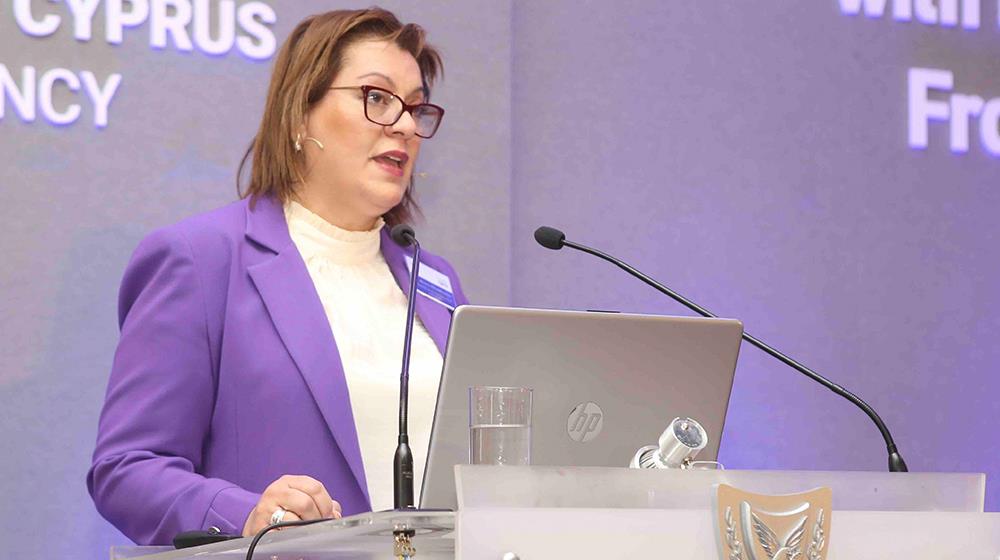The licensing process for the operation of private schools to meet the educational needs of children of foreign employees in Cyprus is being simplified, following close cooperation between the Education Ministry and the island’s Business Facilitation Unit (BFU).
The news was announced by Education Minister Athena Michaelidou during her presentation at the “Foreign Investors Dialogue with the Cyprus Government: from feedback to action”, a follow-up meeting to a round-table discussion that took place between the government, Invest Cyprus and some of the island’s key foreign investors back in June.
On her ministry’s part, one of the most important steps that were taken since the last meeting was that it collaborated with the BFU to simplify and facilitate the process to license private schools.
“The Business Facilitation Unit (BFU), in cooperation with the Ministry of Education, Sport and Youth have completed the recording of the process of establishing a private school,” she told attendees. “The document will be translated and posted on the BFU’s website as official guidelines in the first quarter of 2024.”
She added, “The accelerated examination procedure by the Department of Town Planning and Housing is already under way.”
Michaelidou said the ministry’s efforts are focused on creating an education system that meets all the needs of foreign investors and their families.
The aim, she said, is to make Cyprus an ideal destination for investors who wish to relocate to the island with their families and enroll their children at school.
Another significant change that was promoted by her ministry was ensuring the continuation of the education of children of foreign third-country nationals working in Cyprus, based on the class in which they are at the time of relocation, and not according to the age of the child.
“The Council of Ministers, by its Decision 29/11/2023, approved the exceptional enrollment of children relocated to Cyprus, based on the grade in which they are at the time of relocation, and not according to the date of birth, given that the primary school they choose follows the same curriculum as their previous school,” Michalidou explained.
Another top priority of her ministry is to increase the frequency of examinations for the Greek language certification.
“Following the signing of a Memorandum of Understanding in the Field of Proficiency in Modern Greek between the Cypriot Ministry of Education, Sport and Youth and the Ministry of Education, Religious Affairs and Sport of the Hellenic Republic, the examinations are conducted by the Centre for the Greek Language of the Hellenic Republic once a year in May and are offered for all levels of knowledge of Greek (A1 to C2) as defined by the Common European Framework of Reference for Languages,” Michaelidou explained.
Alternatively, examinations for Greek Language certification are also offered by the School of Modern Greek of the Faculty of Letters of University of Cyprus in two ways;
Greek language certification exams of levels A1-C2 with the prerequisite of attending the courses offered by the School of Modern Greek. The examinations are held three times a year after the end of the courses, end of winter semester (December), end of spring semester (April) and end of summer semester (August).
Greek language certification exams without attending courses. It concerns only the following levels of attainment in Greek: A2 special interest, B2 and C2. The exams are held twice a year, in the third week of December and the fourth week of May.









